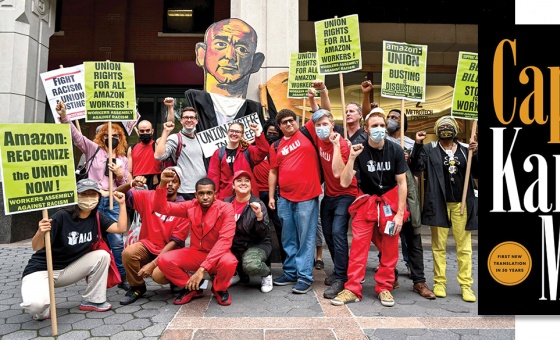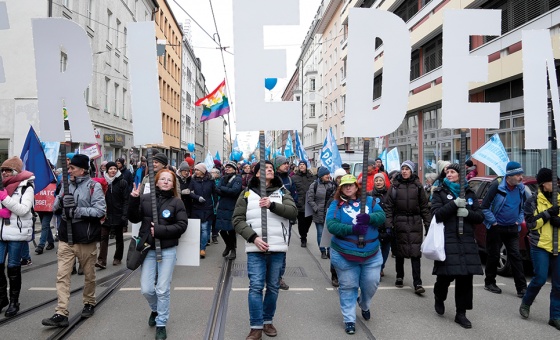This is the last article you can read this month
You can read more article this month
You can read more articles this month
Sorry your limit is up for this month
Reset on:
Please help support the Morning Star by subscribing here
TRAIN reliability has reached a record low, figures revealed today, exposing what a trade union leader has called the failures of privatisation.
More than one in 25 services were cancelled in the last year, according to data from the Office of Rail and Road (ORR).
Services were fully axed more than 217,000 times in the year to February 1, while a further 165,000 were part-cancelled, meaning they did not serve all their scheduled stops.
The rail industry uses a cancellations score – counting full cancellations as one and part-cancellations as half – which shows that 4.09 per cent of the 7.3 million trains planned in that period were cancelled.
It marks the worst reliability performance since figures began in March 2015, when the annual cancellations score was 1.86 per cent.
CrossCountry, owned by US-based infrastructure investor I Squared Capital via its Arriva subsidiary, had the highest cancellations score at 7.36 per cent.
Avanti West Coast followed at 7.00 per cent, while Northern and Govia Thameslink Railway recorded 5.97 per cent and 5.45 per cent, respectively.
RMT general secretary Mich Lynch said: “These shocking figures expose the utter failure of private train operating companies to deliver a reliable service for passengers.
“The relentless pursuit of profit has led to a system where cancellations and delays are the norm, not the exception.
“This is exactly why we need the establishment of Great British Railways to bring our railway back into public ownership and ensure it is run in the interests of rail workers and the passengers who rely on it, not for the shareholders of private firms.
“Bringing infrastructure and passenger services under one employer in public ownership, means proper investment in operations, harmonising conditions for staff, and prioritising the needs of passengers.
“RMT supports the government rolling out Great British Railways and the tangible benefits a fully publicly owned rail system will bring.”
A Department for Transport spokesperson blamed the crisis on a “broken railway system” inherited by the government, stating: “That is why we’ve kicked off the biggest overhaul of the railways in a generation, bringing services back into public ownership and putting passengers at the heart of everything we do.”
A spokesperson for the Rail Delivery Group, which represents train operators, said “the industry is working hard to maintain as many services as possible.”
A CrossCountry spokesperson acknowledged the issues but insisted improvements had been made.












